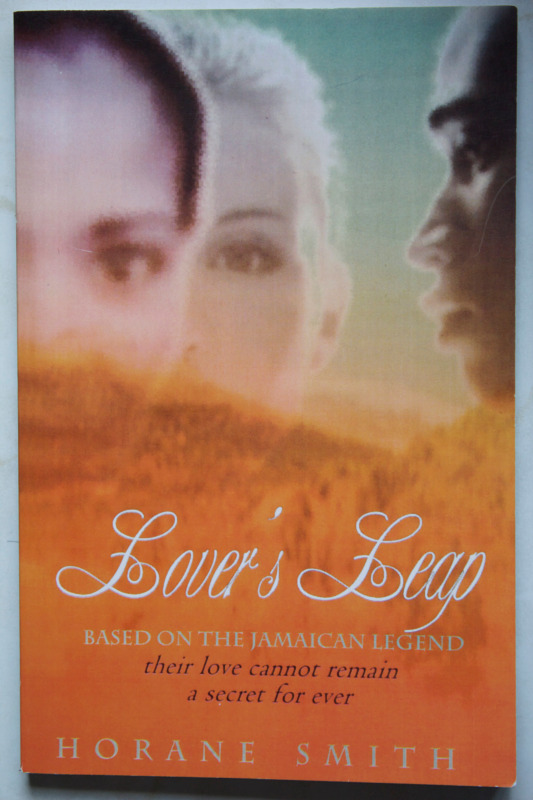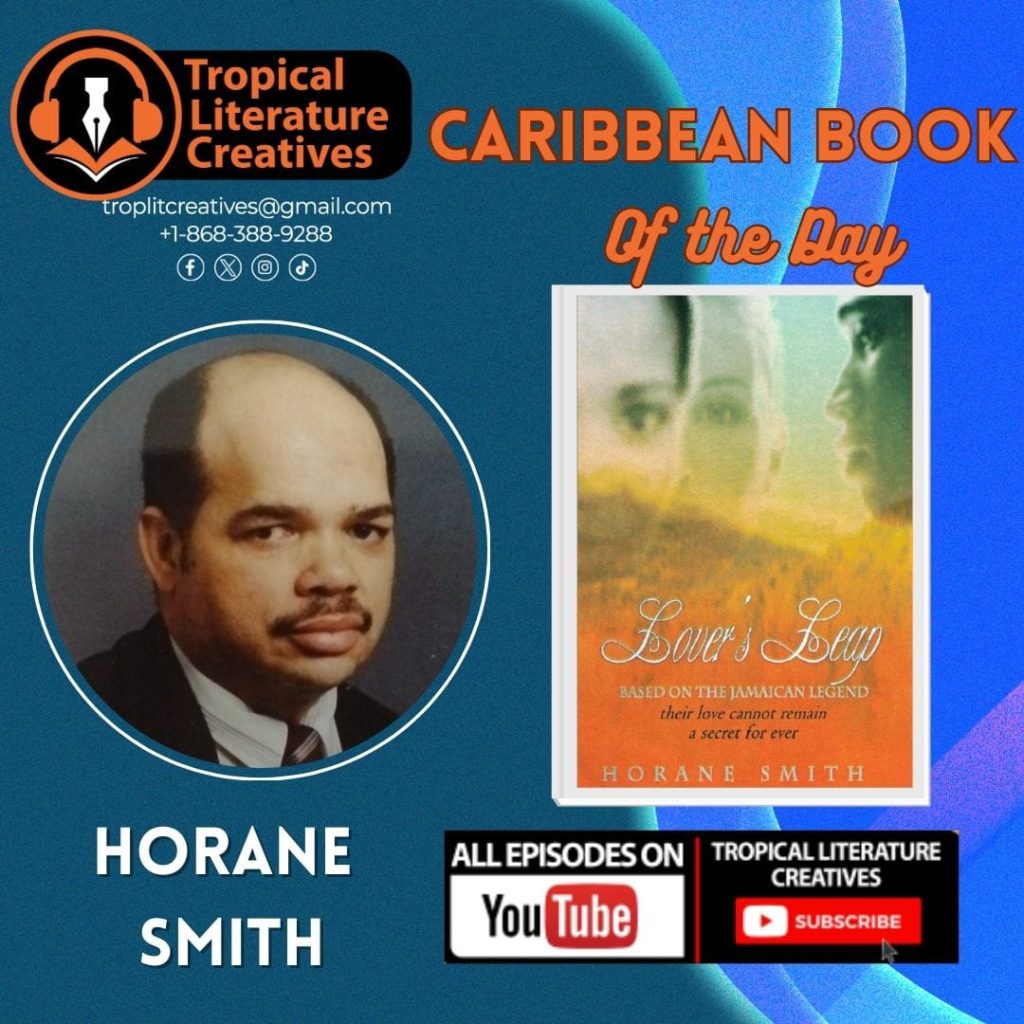
One of Horane Smith’s most popular novels, Lover’s Leap: Based on the Jamaican Legend is attracting international attention again. The novel, published to international acclaim in London, England in June 1999, is the subject of a major study that focuses on the enslaved African in Caribbean literature as it affects master-slave relationships.
The study “Fight, Love, and Flee, Cognitive Dissonance in Horane Smith’s Lover’s Leap,” has been published in Orbis Litterarum, an international journal devoted to the study of European and American literature. Concentrating on literary theory and the principles of literary history and criticism, Orbis Litterarum publishes articles of a theoretical nature and analyses of specific works genres periods.
The study’s author Noha F. Abdelmotagally is associate professor at the Department of English, Faculty of Al-Alsun (Languages), Ain Shams University, Cairo, where she teaches literature and research methodology. She is interested in comparative studies. She has published several articles, both in English and in Arabic, on literature and interdisciplinary studies, feminism, ecology, and sociology. She has participated in various conferences and research projects and supervised a number of dissertations.
Professor Abdelmotagally noted, “The subjectivity of the enslaved African is underexplored in the critical literature on Caribbean slavery, and besides, psychoanalysis in Caribbean literature is an underused critical approach.” She said Horane Smith “is one of the writers who breathe life into the past in their texts. Smith retraces and connects up with the past through the gateway of legends that usually form part of the group’s history, documenting and reinterpreting crucial historical moments. He uses legends to reconceptualize a past that has been deliberately distorted in white discourse. The ceaseless presence of the past in his texts also enables him to uncover what is hushed up in history and literature.”
The study tackles the subject of mixed relationships in plantation life and the emotions and behaviours that emerged, especially among slaves. The professor said she was, “enticed to braid Leon Festinger’s Cognitive Dissonance theory (1957) with Frantz Fanon’s “psychoanalytical interpretation of the black problem” in Black Skin White Masks (1952) to delve deep into Jerome’s (Lover’s Leap’s main character) inner self and examine how he responds to attitude and behavior inconsistencies produced within various contexts of hegemonic power.”
The study is extensive and cites various authors and experts in the field of psychoanalysis, historians and sociologists, to give credence to her conclusive theory of cognitive dissonance (two-ness) in Jerome Stewart. “By breaking open the past’s Pandora’s Box, Smith raises the concepts of identity and identification. Conjuring the past is his sonde for renegotiating the present and improving the future. The encompassing view and universal concerns of Lover’s Leap create a kind of identification that crosses the spatio- temporal borders of slavery. Smith stresses the direct relation between the absence of selfhood and physical and/or mental enslavement. Most modern Caribbean black men, still accommodate ‘their psyche to racist information,’ and psychologically and largely depend on the ‘colonial and Eurocentric knowledge systems’ for identification (Sutherland, 2011, 1187). They still submit to the white culture supremacy and racial values—the leading ideology up to the present time—which is why they do not reach a state of real harmony. Like Jerome, they bear a double burden: they are deprived of their own culture and, concurrently, are prevented from really entering the white hegemonic culture. Smith attempts to raise the Caribbean black men’s awareness and understanding of the institutions of slavery and the colonial forces that have conspired to disturb their psyches and de- Africanize them, making them lose touch with their harmonious selves and their roots,” the Professor noted.
Horane Smith is the author of fourteen novels; seven of them explore slavery themes in Jamaica and North America. Lover’s Leap remains his best-selling novel 20-years after publication. Dawn at Lover’s Leap, the sequel to Lover’s Leap: Based on the Jamaican Legend was a finalist in the USA Booknews Bestbook Award for Historical Fiction. Smith was born at Yardley Chase, St. Elizabeth, the same district where Lover’s Leap is situated. The site is currently one of the major attractions on Jamaica’s south coast and copies of the novel are also available there for sale as well as major online retailers and at www.horanesmith.com.
More information on the study is available at: https://onlinelibrary.wiley.com/doi/10.1111/oli.12212#
